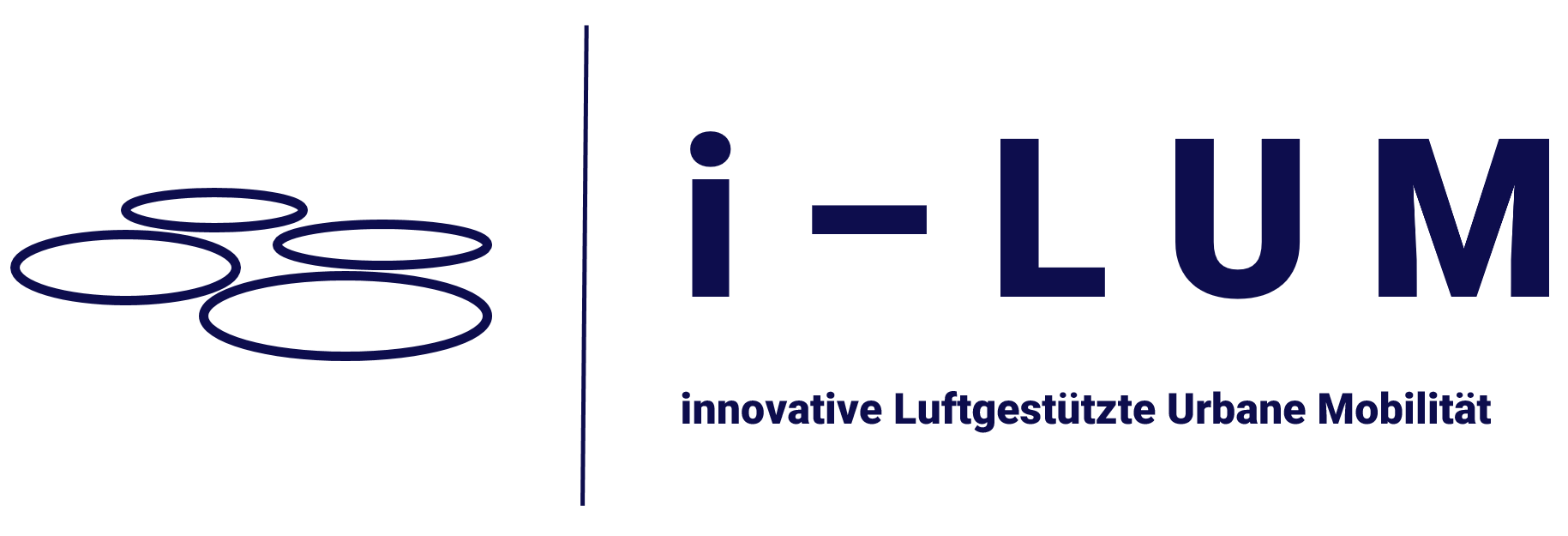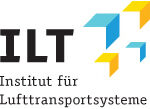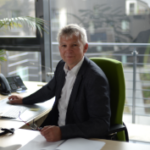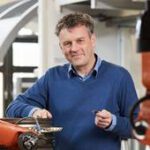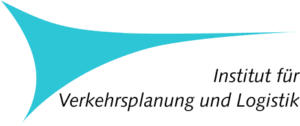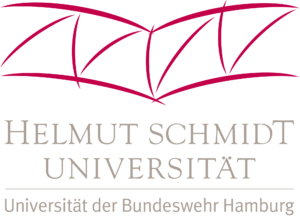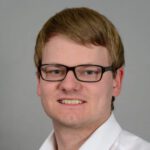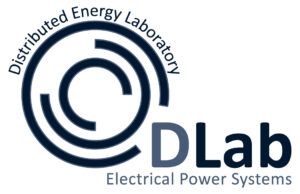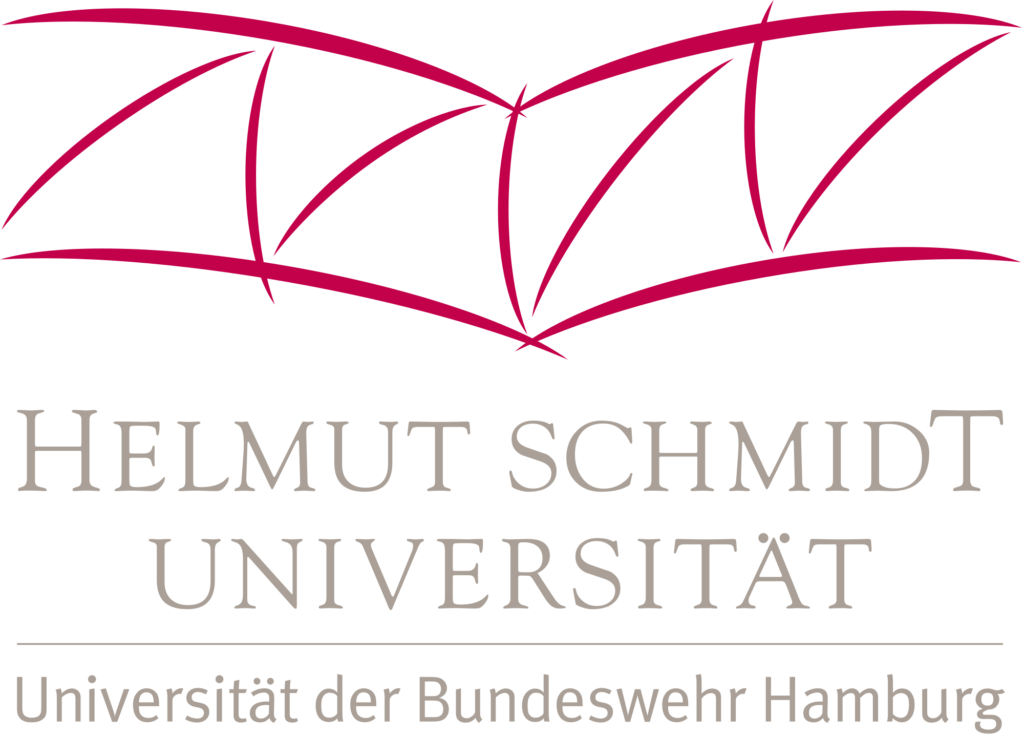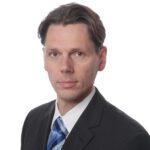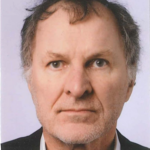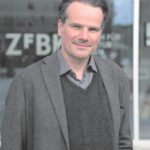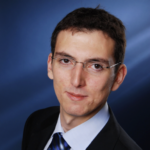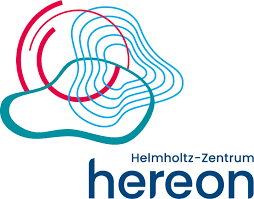Partners
The Institute for Air Transport Systems (ILT) at the Technical University of Hamburg stands for research and teaching on air transport. The research focuses primarily on the three research areas of overall concepts, operating procedures and business models in the air transport system with regard to their contribution to safe, passenger-friendly, ecological and economical air transport.
In the project, the ILT contributes its distinctive expertise in the overall aeronautical system and in the field of simulation of complex processes. In addition, it makes a significant contribution through its many years of experience in the holistic development and evaluation of air transport systems, in particular in the determination and optimization of system capacities and environmental influences, as well as the implementation of cost efficiency analyses and air traffic forecasts.
In addition to the management and coordination of the network, the ILT of the TUHH is involved in subprojects 2.1, 4.1, 4.2, 5.1 and 5.3.
- +49 40 42878 8298
- daniel.kloock-schreiber@tuhh.de
At TU Hamburg, the Institute of Aircraft Production Engineering (IFPT) is one of the four institutes with a clear focus on aviation and is an essential part of the research focus on aeronautical engineering. The IFPT conducts application-oriented research on production automation, especially in the field of maintenance, repair and overhaul (MRO). In the project, it addresses solutions for the automation of services and maintenance around the aircraft in operation for maximum operating times.
This is provided for in work package 3.2, which is part of the main work package 3.
Hamburg Universtiy of Technology
Institute of Aircraft Production Technology
Denickestraße 17
21073 Hamburg
- +49 40 42878 3353
- jil.eltgen@tuhh.de
The Institute of Transport Planning and Logistics is involved in work packages 2.2, 2.3 and 3.1.
Contact
Hamburg Universtiy of Technology
Institute for Transport Planning and Logistics
Am Schwarzenberg-Campus 3
21073 Hamburg
- +49 40 42878 3906
- ole.roentgen@tuhh.de
Automation enables many processes to be carried out quickly and with little effort. With increasing digitalization, automation continues to spread in all technical areas. The Chair of Automation Technology researches means of description, methods and tools for the design, implementation, testing, operation and modernization of automation systems in production plants, traffic and logistics systems, energy systems, buildings and technical devices. One application focus is on autonomous aircraft and vehicles and their control.
The Chair of Automation Technology is involved in work packages 4.1 and 4.3.
Contact
Helmut-Schmidt-University Hamburg
Chair of Automation Technology
Holstenhofweg 85
22043 Hamburg
- +49 40 6541 3327
- grebner.tobias@hsu-hh.de
The Chair of Electrical Energy Systems (EES) is held by Prof. Dr.-Ing. habil. Detlef Schulz leads and covers the spectrum from conventional and regenerative power plants, transmission and distribution grids, grid coupling from decentralized power generators to on-board grids and electromobility to energy-efficient consumers. As part of the i-LUM project, the professorship presents solutions for (hybrid) electric propulsion concepts, electrical energy systems as well as energy supply networks, hydrogen and fuel cell technologies for drones.
This is provided for in work package 3.3, which is part of the main work package 3.
Contact
Helmut-Schmidt-University Hamburg
Chair of Electrical Power Systems
Holstenhofweg 85
22043 Hamburg
- +49 40 6541 3355
- gazmend.mavraj@hsu-hh.de
The Department of Experimental Psychology at the Helmut Schmidt University focuses on various aspects of human perception and cognition. In experimental settings, questions ranging from attention, aesthetics, language processing, or clinical subjects such as ADHD or PTSD (Post-Traumatic Stress Disorder) up to factors influencing the acceptance of (new) technology or concentration effects during the use of exoskeletons are investigated.
This expertise will be applied in work package 1.2 to experimentally investigate specific issues related to the perception and acceptance of UAS to gain a deeper understanding of these processes.
Helmut-Schmidt-University Hamburg
Experimental Psychology Unit
Holstenhofweg 85
22043 Hamburg
- +49 40 6541 3027
- kaehler@hsu-hh.de
With the projects i-LUM, RIVA and UDVeo, the Chair of Public Law, in especial Public economic and environmental law has specialized in dealing with legal issues in the field of future mobility for several years. In addition to previous legal research, an overarching dogmatics for the development of a consistent legal framework for the operation of autonomous vehicles will be developed in particular. This includes the legal conception and design of a traffic management system for unmanned air traffic, the systematic further development of the law with an integrative approach for autonomous vehicle networks on land, water and in the air as well as the development of regulatory requirements for urban airspace.
The Chair of Public Law, inse. Public economic and environmental law is involved in work package 1.3.
- +49 40 6541 2412
- josina.johannsen@hsu-hh.de
The Institute for Human Resources and Labour (IPA), founded in 1978, conducts research on questions of (international comparative) personnel management, the design of work and industrial relations. Central topics are pay and working time policy, questions of stress and compatibility, personnel management and participation at company and cross-company level against the background of technological, economic and social change. Current research projects address the change in the standards of “good work”, technological innovation and work design as well as the company survey of the socio-economic panel (SOEP-LEE2) in cooperation with DIW Berlin within the framework of dtec.
The Institute of Human Resources and Labour is involved in work package 1.1.
Helmut-Schmidt-University Hamburg
Institute for Employment and Labour Relations
Holstenhofweg 85
22043 Hamburg
- +49 40 6541 2128
- czaya@hsu-hh.de
The Chair of Digital City Science at the HCU researches digital technologies for urban and metropolitan development and applies them in a national and international context. The interdisciplinary team develops data-based approaches for the analysis and planning of complex urban systems and brings together expertise from architecture, urban and spatial planning, computer science and media technology. With an extensive network of partners, groundbreaking tools are developed that are used in basic research as well as in concrete application projects and taught to students in teaching.
The focus of the work is on work package 3.4, which is located in the main work package 3.
Contact
Tim Fraske
HafenCity University
Professorship Digital City Science
Henning-Voscherau-Platz 1
20457 Hamburg
- +49 40 42827 5414
- tim.fraske@hcu-hamburg.de
The Department of Automotive Engineering and Aircraft Construction is involved in Work Package 4.5.
- +49 40 428 75 7965
- rinie.akkermans@haw-hamburg.de
The Department of Computer Science is involved in sub-work package 4.4.
Hamburg University of Applied Sciences
Department of Computer Science
Berliner Tor 7
20099 Hamburg
- +49 40 42875 8414
- timo.haeckel@haw-hamburg.de
DLR’s Air Transport Systems research facility has strong capabilities in the design and interdisciplinary modelling of the air transportsystem. The research includes concepts’ preliminary designs and optimization of subsystems as well as simulation and evaluation of entire air transport systems with regard to the sustainability criteria of economy and ecology. Within the framework of numerous projects at German and European level (LuFo, Horizon2020, SESAR), the institution has already published a wide range of research results, including in the areas of air traffic management, new operating concepts for ecologically compatible flight route planning and the efficient operation of airlines. Since 2018, the institution has been using its methods specifically to research urban air mobility, for example in the HorizonUAM (DLR) and UDVeo (mFund) projects. Through the capabilities of DLR Air Transport Systems and its collaborative System-of-Systems modeling approach, the numerous competencies represented in the project will be brought together to enable the simulation and evaluation at the overall system level that i-LUM is aiming for.
The Air Transport Systems Division is involved in Work Package 5.2.
- +49 40 2489641 282
- majed.swaid@dlr.de
The Department of Surface Modeling at the Institute of Surface Research of the Helmholtz-Zentrum Hereon has expertise in computer-based materials science and in particular in the consideration of damage caused by environmental influences on construction materials. This opens up possibilities to obtain a compatibility assessment of the drone production materials used under given scenarios such as .B design-related mechanical stress and simultaneous exposure to corrosive media on the basis of time-dependent models and to introduce service life and efficiency aspects into the logistical consideration of i-LUM traffic scenarios.
Hereon is mainly allocated to HAP 5, where material and environmental simulation data are to be modularly integrated into the DLR integration software RCE (Remote Component Environment).
Helmholtz-Zentrum Hereon
Geesthacht
Max-Planck-Straße 1
21502 Geesthacht
- +49 4152 87 1936
- eugen.gazenbiller@hereon.de
